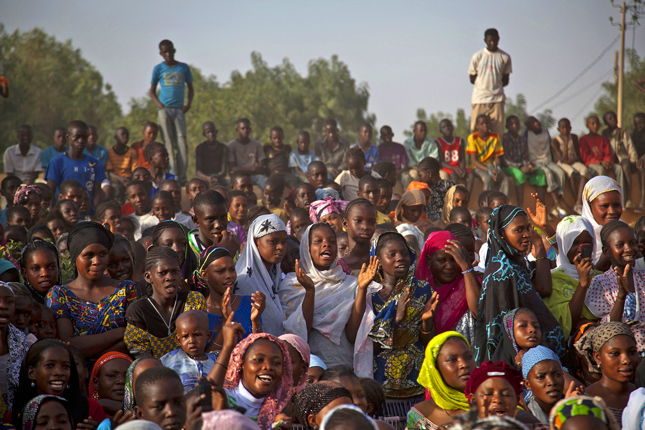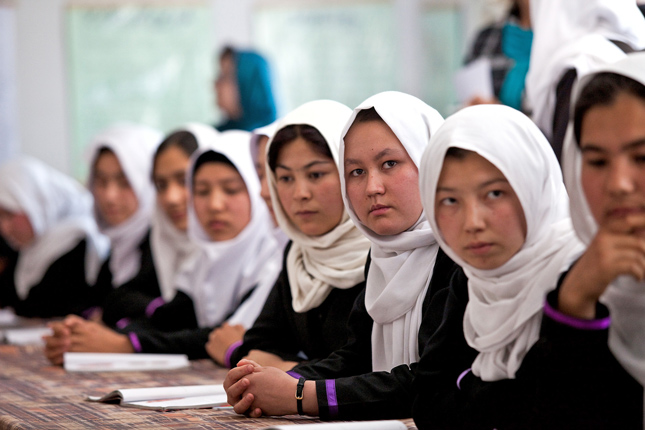-
Accelerating a Cycle of Violence: Tallying the Damage to Gaza’s Youth
›August 25, 2014 // By Sarah Meyerhoff
Amid stop-and-start ceasefires, the tally of death and destruction from the recent conflict in the Gaza Strip has begun. Whatever the final losses incurred – casualties and damage are considerable with estimates varying significantly depending on the source – Gaza’s youngest residents are likely to be most profoundly affected.
-
Jacob Glass, PassBlue
New Investment Law in Peru Undermines Rights of Indigenous Women
›August 22, 2014 // By Wilson Center Staff
A new law in Peru encouraging investment in the country’s extractive industries has reignited debate on the lack of power indigenous women have in the mostly rural societies where they often live. The International Indigenous Women’s Forum, which drew more than 60 native women from across the world to Peru last month, highlighted this important issue.
-
Book Review: ‘Oil Sparks in the Amazon: Local Conflicts, Indigenous Populations, and Natural Resources’
›August 18, 2014 // By Roger-Mark De Souza
Since the early 1990s, the rising price of crude oil and other key natural resources – and the resulting drive by governments and private companies to extract those resources – has led to sharp conflicts in Latin America. At the core of these disputes is the clash between national economic interest and the rights of indigenous people inhabiting the land where most natural resources are located.
-
The Intergenerational Cycle of Malnutrition: How Gender and Social Status Doom Many Mothers and Newborns
›
When Dr. Ranu Dhillon stumbled upon baby Reena during a routine visit to a clinic in India, she was almost comatose and unable to get the care she needed. Dhillon traveled with Reena and her mother from hospital to hospital, but left again and again without finding treatment. [Video Below]
-
The Missing Link in Understanding Global Trends? Demography
›
Since the end of World War II, a number of the world’s most dramatic political events have resulted from demographic shifts and governments’ reaction to them. Despite this, political demography remains a neglected topic of scholarly investigation.
-
Securing Rights or Results? A False Choice in Integrating Youth Into Sustainable Development
›
“The greatest challenge we have today is that we have a world that is pushing back on rights,” said Dr. Babatunde Osotimehin, executive director of the United Nations Population Fund (UNFPA), at the Wilson Center. [Video Below]
-
Africa’s Trifecta: Food Security, Resilience, and Demographics at the U.S.-Africa Leaders Summit
›August 5, 2014 // By Roger-Mark De Souza
“You can’t build a peaceful world on an empty stomach,” Secretary of State John Kerry said yesterday at a high-level working session on resilience and food security, quoting Norman Borlaug, the father of last century’s “Green Revolution.”
-
Three Things to Watch at the First-Ever U.S.-Africa Leaders Summit
›As presidents, prime ministers, and other policymakers from across the continent gather in Washington, DC, this week for the first-ever U.S.-Africa Leaders Summit, what are the issues to watch?
Showing posts from category development.










